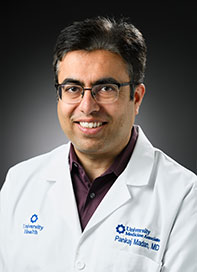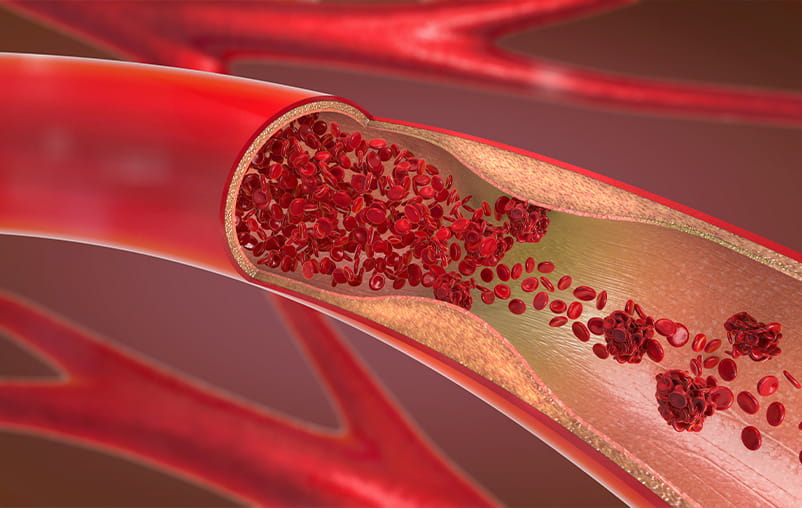Adult congenital heart disease (ACHD) refers to congenital heart defects that persist into adulthood, often requiring ongoing medical management.
Advances in pediatric cardiology have allowed many individuals with CHD to survive into adulthood, necessitating a comprehensive understanding of the medications used to manage their condition.
This blog will explore the types of medications commonly prescribed for ACHD, their potential side effects, considerations for new medications, and the importance of a supportive health care team.
Types of Medications
1. Diuretics
What They Do: Diuretics help remove excess fluid from the body, reducing the heart's workload by decreasing blood volume. They are particularly useful in managing heart failure symptoms associated with ACHD.
Common Examples: Furosemide (Lasix), Spironolactone (Aldactone) and Hydrochlorothiazide (Microzide).
Potential Side Effects: Dehydration, electrolyte imbalances (such as low potassium levels), dizziness and kidney issues.
2. ACE Inhibitors and ARBs
What They Do: Angiotensin-Converting Enzyme (ACE) inhibitors and Angiotensin II Receptor Blockers (ARBs) help relax blood vessels, lower blood pressure and reduce the heart's workload. They are often prescribed to manage high blood pressure and heart failure in ACHD patients.
Common Examples:
ACE Inhibitors: Enalapril (Vasotec), Lisinopril (Zestril).
ARBs: Losartan (Cozaar), Valsartan (Diovan).
Potential Side Effects: Cough (common with ACE inhibitors), elevated blood potassium levels, low blood pressure and kidney dysfunction.
3. Beta-Blockers
What They Do: Beta-blockers reduce the heart rate and blood pressure, which helps to decrease the heart's demand for oxygen. They are commonly used to manage arrhythmias (irregular heartbeats) and heart failure.
Common Examples: Atenolol (Tenormin), Metoprolol (Lopressor) and Propranolol (Inderal).
Potential Side Effects: Fatigue, cold extremities, weight gain, depression and in rare cases, worsening asthma symptoms.
4. Anticoagulants
What They Do: Anticoagulants, or blood thinners, prevent blood clots from forming, which is particularly important in patients with certain types of ACHD who are at increased risk of stroke or other clot-related complications.
Common Examples: Warfarin (Coumadin), Heparin and Dabigatran (Pradaxa).
Potential Side Effects: Increased risk of bleeding, easy bruising and gastrointestinal issues.
5. Antiarrhythmics
What They Do: Antiarrhythmics help control irregular heartbeats. These medications are essential for maintaining a regular heart rhythm in patients with ACHD who experience arrhythmias.
Common Examples: Amiodarone (Cordarone), Sotalol (Betapace) and Flecainide (Tambocor).
Potential Side Effects: Dizziness, fatigue, vision disturbances and potential interactions with other medications.
What to Look Out for When Taking New Medications for ACHD
When starting any new medication for ACHD, it’s crucial to monitor for side effects and interactions. Here are some key considerations:
- Follow Dosage Instructions: Always take medications exactly as prescribed by your health care provider. Do not adjust the dose without consulting your doctor.
- Monitor for Side Effects: Be vigilant about any new or worsening symptoms. Common side effects may include dizziness, fatigue, gastrointestinal issues or allergic reactions.
- Regular Blood Tests: Some medications require regular blood tests to monitor kidney function, liver function and electrolyte levels. Ensure you adhere to the schedule recommended by your doctor.
- Drug Interactions: Inform your health care provider of all medications, supplements and over-the-counter drugs you are taking to avoid potential interactions.
- Lifestyle Considerations: Some medications may require dietary adjustments or lifestyle changes. For example, patients on anticoagulants like Warfarin need to maintain a consistent intake of vitamin K.
Find a Supportive Team
Managing ACHD effectively requires a comprehensive and supportive health care team. Here are the key members:
- Adult congenital cardiologist: A heart specialist who specializes in care of ACHD patients and will oversee your treatment plan and adjust medications as needed.
- Primary care physician: Works closely with your primary care provider and cardiologist to manage overall health.
- Pharmacist: Provides valuable information on medication use, side effects and interactions.
- Family and Friends: Emotional support and assistance with daily medication management can be crucial.
- Support Groups: Connecting with others who have ACHD can provide emotional support and practical advice.
Living with adult congenital heart disease requires a multifaceted approach, with medications playing a central role in managing symptoms and preventing complications.
Understanding the types of medications, their potential side effects and what to watch for when starting new treatments can empower patients and caregivers to make informed decisions.
Adult Congenital Heart Disease Care at University Health
Building a supportive team of health care professionals and loved ones is equally essential to navigate the complexities of ACHD. Always consult with your health care provider for personalized advice and treatment plans tailored to your specific needs.
Learn more about adult congenital heart disease care at University Health.





